Amid rising turmoil in the Democratic Republic of the Congo (DRC), President Joseph Kabila remains in power—despite a constitutional mandate calling for the end of his rule in December 2016. On March 20, the Foreign Policy program at Brookings, in collaboration with Stand With Congo, hosted a discussion on the current state of the DRC. Panelists included Tom Perriello, former U.S. special envoy for the African Great Lakes and Congo-Kinshasa; Omékongo Dibinga, professor at American University; and EJ Hogendoorn from the International Crisis Group. Brookings Senior Fellow Michael O’Hanlon moderated the conversation, while adding his own perspectives.
O’Hanlon opened by pointing out that there are at least 15,000 United Nations peacekeepers in the country, largely focused on crises in the east and southeast. In addition to five million displaced persons and refugees, and spillover effects from the Rwanda genocide next door, new instability related to the Kabila government continues to inflame the situation.
Professor Dibinga asserted that “Congo is ripe for change,” something his family has been fighting for in the country for generations. He argued cogently for a “hands-on approach to affecting change.”
In the face of many challenges, Dibinga added, there is a determined optimism that flows from the Congolese people. They “never stop working for change,” he said. Arguing that the international image of Congo is distorted, he emphasized the vibrant civil society in the country, and hoped all parties involved could form more of a partnership mentality going forward.
EJ Hogendoorn stated that Congo is in several simultaneous crises: In addition to the displaced and refugees, “7.7 million people are severely food insecure,” he said. Hogendoorn added: “conflict and internal violence is spreading, in part due to the election uncertainty.”
On the upcoming elections, slated for December, Hogendoorn noted that preparations are underway, but the path remains uncertain. He believes the biggest questions ahead are whether President Kabila may attempt to 1) change the constitution, 2) look to an option like Russia’s Vladimir Putin did with Dmitry Medvedev, where he still pulls the strings even as a close affiliate succeeds him, or 3) continue to delay. In past elections, there were sometimes huge numbers of candidates on the ballot, causing confusion. Hogendoorn said this issue has been partly addressed, which can help decrease the potential of sinister political coalitions forming through trading votes and similar machinations.
Tom Perriello—recently back from the region—said that this is “an inflection point for the people of Congo” and that “the stakes are very high.” He added: a “peaceful democratic transition would be historic.” A worst-case scenario, meanwhile, would involve “a breakdown and a great deal of violence.” In fact, Perriello pointed to several thousand deaths in the Kaisai and Ituri regions, with many more displaced, over recent months, saying this “could be the beginning of a lot of instability.”
Interestingly, Perriello stated that “the international community matters a lot less than people think,” going on to say: “This is because people intensely care. If you live there, you care. If you are a neighboring country seeing refugee flows, you will care to a much higher degree than the West or Europe or China.”
In the end, he remarked, “the push for change is coming from the Congolese people. There is pride in the constitution and a desire not to go backwards.”
While there is some question as to the fairness of the upcoming election, among other matters, Perriello believes the Congolese people will be able to know democracy when they see it. In the meantime, they and all other parties must keep their eyes on the prize: “Kabila is the face of the status quo. People do not see a future different than their past as long as that leader remains,” remarked Perriello. When “people do not feel the country is going the right direction,” he concluded, “this will usually tell you who will win the election.”
President Kabila’s chief diplomatic adviser, Barnabe Kikaya Bin Karubi, happened to be in town during the event and he was in the audience. He took a few moments to speak, assuring those in attendance that elections are indeed coming.
Among other comments, he had the following to say about elections in his country:
Elections are a certainty, elections will definitely happen on December 23, 2018. A second certainty is that President Kabila will not be a candidate. He has said it time and again, and I don’t see why people are still doubting that a change of constitution may happen, he may find another way of doing the slippage that we are talking about here; the glissement, which is a very nice French word, made in the DRC, that will not happen.
Closing on a note of positivity about the future, Dabinga put faith in the people on the ground: “We need to keep building, keep building, keep building. But I believe that working with the Congolese and respecting the will of the people, we can make this happen.”
The Brookings Institution is committed to quality, independence, and impact.
We are supported by a diverse array of funders. In line with our values and policies, each Brookings publication represents the sole views of its author(s).

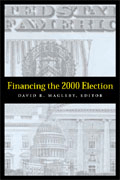
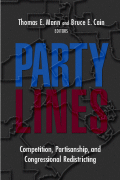
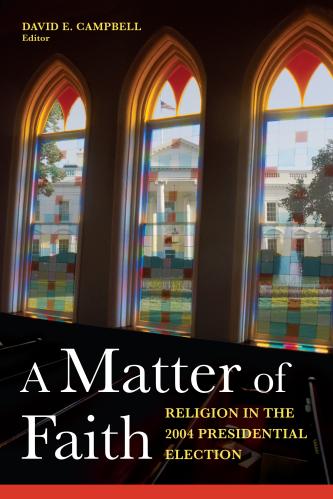
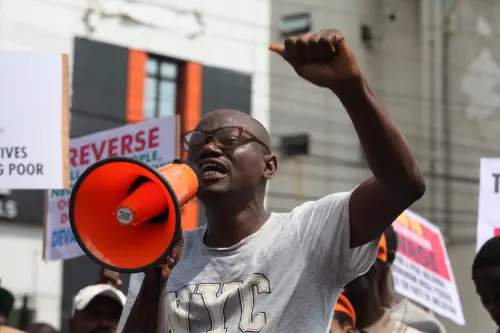
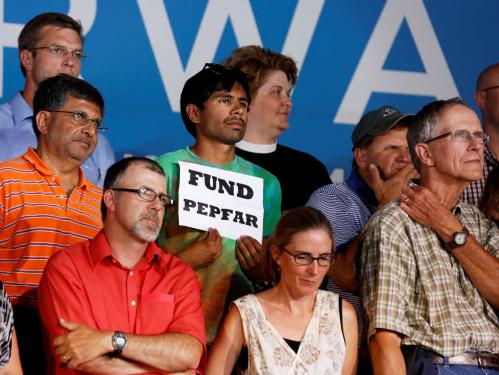
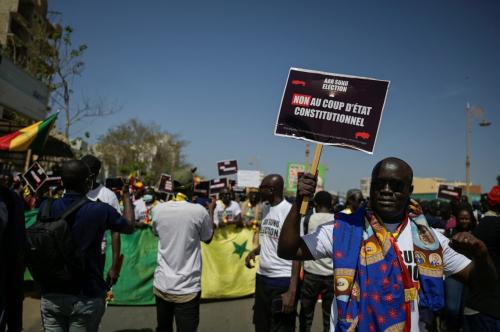
Commentary
Experts explore prospects for democracy in the Democratic Republic of the Congo
March 30, 2018